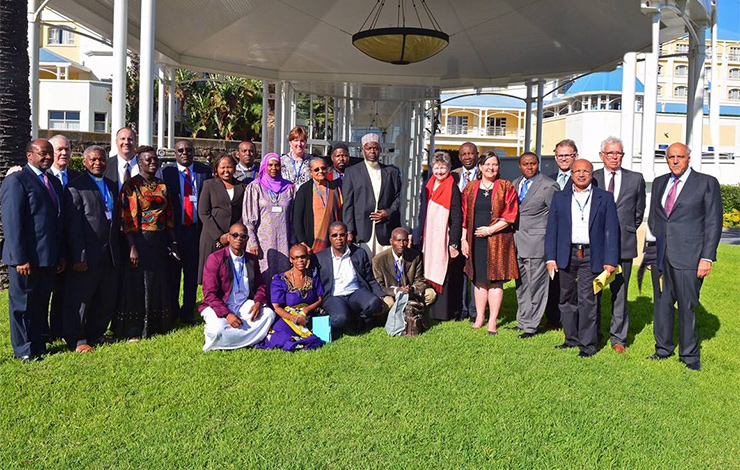This program worked with religious institutions to provide support to victims of gender-based violence (GBV) and encourage behavior change among perpetrators. The African Council of Religious Leaders trained religious leaders on women’s rights and GBV, coordinated “peace caravans” to encourage women to speak out about abuse, and trained paralegals to provide legal assistance to victims of GBV. The program reached more than 1,000 people and as a result, many of the participating religious organizations have created stronger support services for victims.
Challenge

Gender-based violence (GBV) remains a grave issue throughout much of Africa. This is due, in large part, to the fact that religious institutions - often the sole places of refuge and support services for women and girls - tend to stress loyalty to the family, even in the face of violence that may occur in the home. As a result, violence against women frequently goes unreported, and religious institutions do not meet their duty of providing support to victims and changing behavior among perpetrators.
Program Summary
To address GBV at both the local and national level, the African Council of Religious Leaders led a campaign to raise awareness and change behaviors surrounding GBV. The campaign completed the following activities:
- Training religious leaders on women’s rights and GBV in Uganda;
- Bringing “peace caravans” into communities in Tanzania to encourage women and girls to break the silence about abuse through interactive drama, song and dance;
- Training paralegals in Kenya to help women understand their rights, to assist victims of abuse, and act as arbiters.
Impact
The GBV project reached more than 1,000 people throughout Tanzania, Kenya and Uganda, including individuals in the faith sector, legal sector, government sector, media, and civil society sector, as well as rural communities. Participating religious groups included Muslims, Protestants, Catholics, Bahai, and Buddhist institutions. As a result, many religious organizations have come out strongly against GBV and have created stronger support services for victims of GBV.
Partners
The African Council of Religious Leaders was the lead partner, working in collaboration with:
- Civil society groups engaged in human rights and gender-based violence
- Government officers and paralegals
- The media through public awareness campaigns


